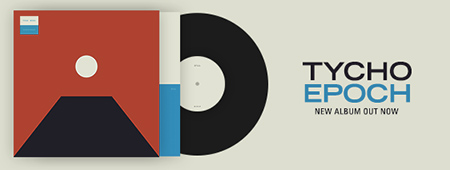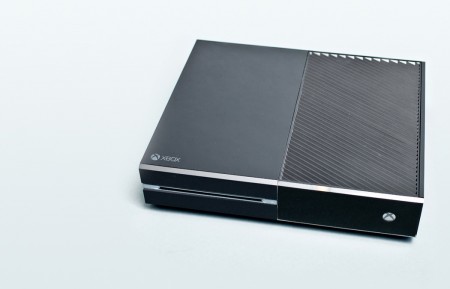
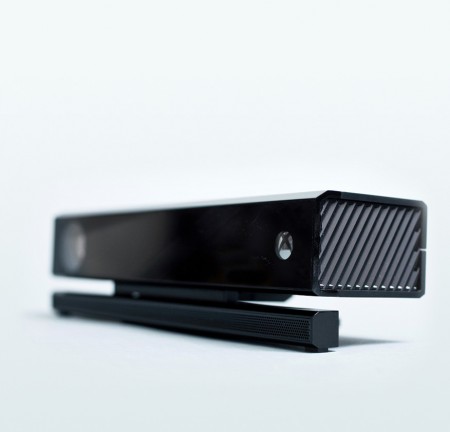
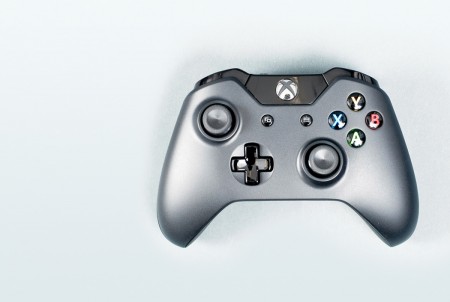
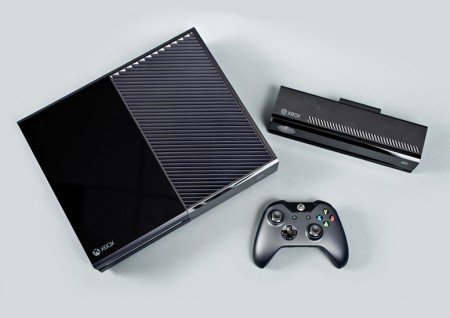

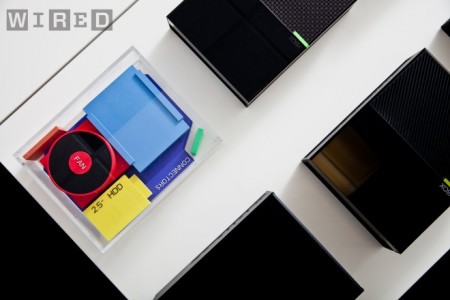
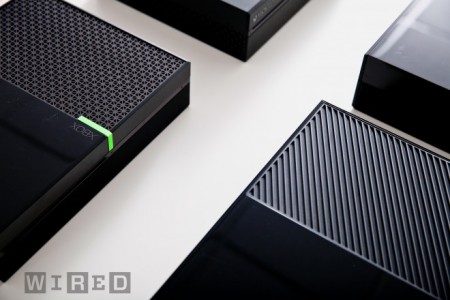
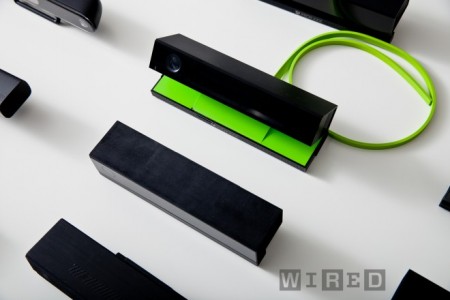
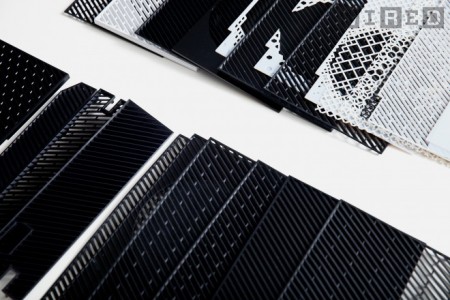
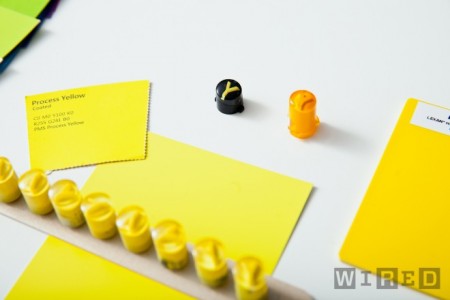
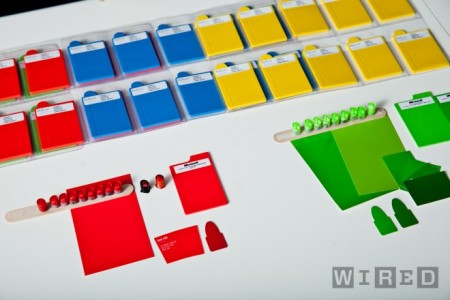
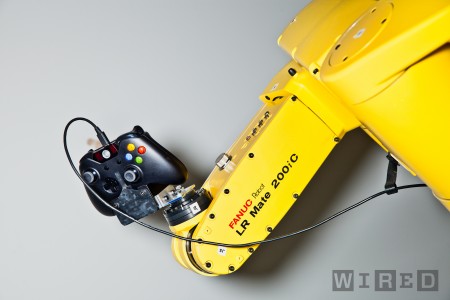
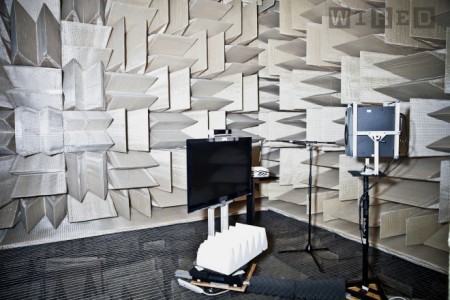
Pleasantly surprised by the striking good looks of the newly revealed Xbox console. Wired has a piece detailing the new unit and the design process that formed it.
I’ve read a lot of people bashing the design after the reveal. I’m not sure what they’re comparing it to, this or this or even this, but in my book it’s the best looking console thus far. Of course it’s all relative considering the gaming industry consistently produces some of the worst product design imaginable given their budgets and resources. I’ve seen a lot of people online comparing it to an 80’s VCR. I love 80’s VCRs, I love stackable media components, and I’ve always loved Xbox, so I suppose I’m somewhat biased.
Wired
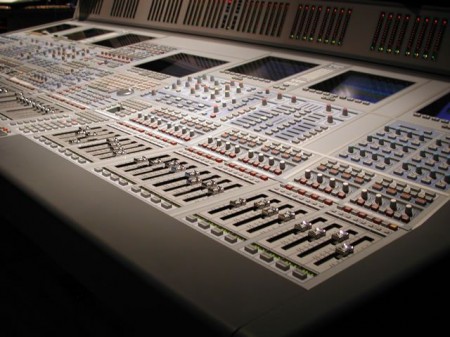
Create Digital Music has posted an excellent interview with Paul Frindle. Frindle was one of the people at the center of the digital revolution in audio recording; he worked on SSL G-Series Console, was “part of the team that broke the “damnable black art” of digital conversion”, founded Oxford Digital (whose EQ plugin I still use extensively), and developed the application the Sony OXF-R3 Console. It’s a pretty technical article but it highlights how creativity and genius can combine to fundamentally change an art form.
Some producers and musicians these days lament the shift to digital saying that analog will always be better than digital. I tend to agree with that statement — particularly when it comes to synthesis — but the move to digital has made the process of production so much more efficient and accessible that it’s hard to argue against it. Digital audio has opened the doors of the music industry to anyone with a computer and made artists of people who might not have had access otherwise. Although I have spent many years trying to shift my process into the analog domain, I certainly wouldn’t have been able to get a start in music if it weren’t for the ability to record digitally.
So here’s to Paul Frindle and everyone like him who paved the way for a revolution in music, because whether we’re making music or enjoying it, we all owe these pioneers a debt of gratitude.
Interview Link














